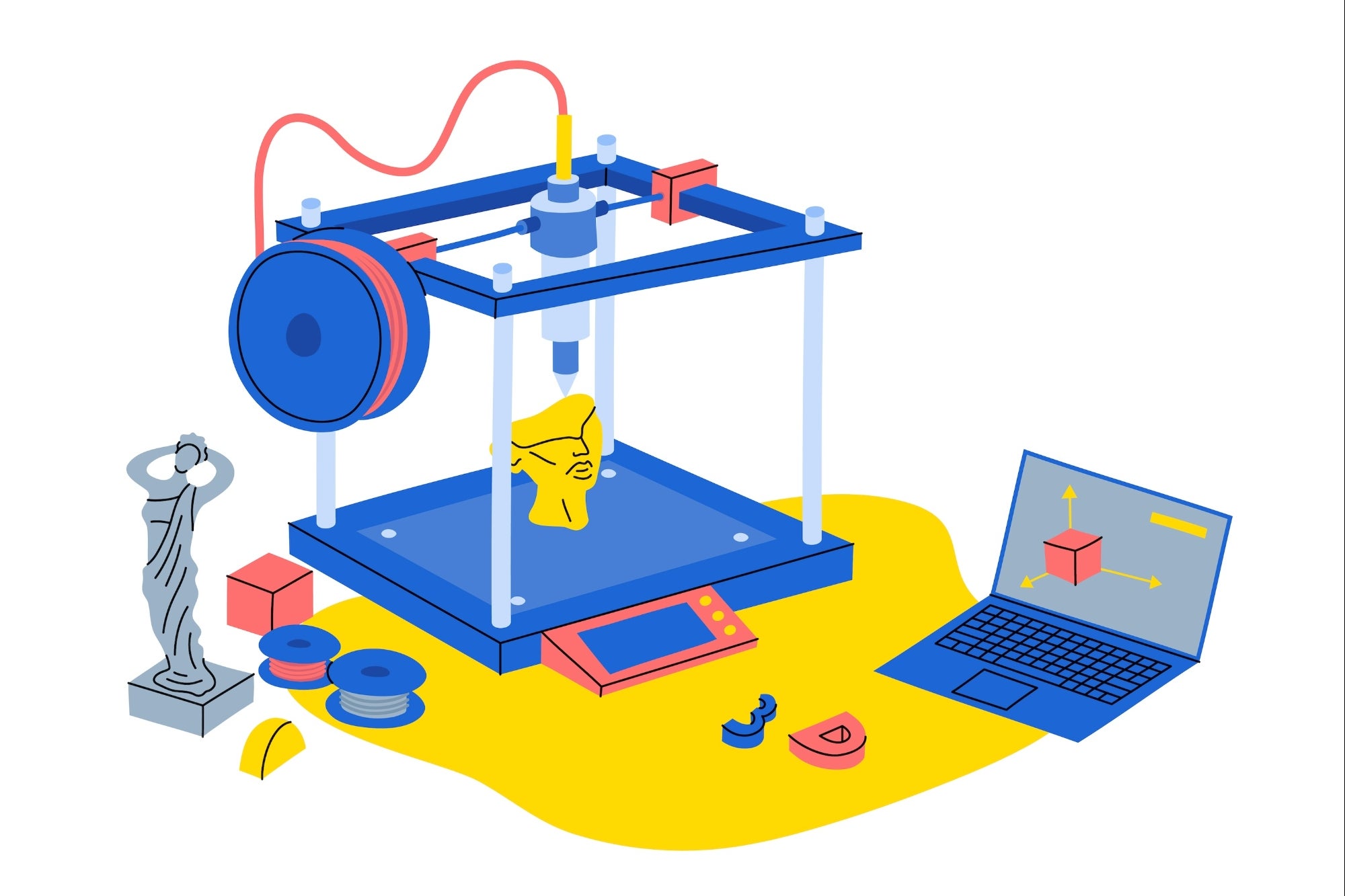Developing a 'Cool' Product Is Only Half of a Successful Business What sets apart products that succeed from those that don't? Creating cool products that people will want is not enough, not by a long shot.
By Stephen Key Edited by Dan Bova
Opinions expressed by Entrepreneur contributors are their own.
What sets apart products that succeed from those that don't? When I first started out, I thought the most important element of a product idea was how creative it was. That was how I measured greatness. Did it make people smile? Was it clever? Those qualities were important to me.
I remember defending my views to my wife Janice in conversations we had over and over again. I was scribbling down my ideas every day on a large art pad trying to make it as a freelancer. Janice had a degree in marketing from Kellogg and worked at powerful companies such as Clorox and Gallo Winery. She was emphatic. No, it really wasn't enough to create a cool product, she said.
Related: How to Think Like an Innovator
She was right. Creating cool products that people will want is not enough, not by a long shot. When I started a business selling uniquely shaped guitar picks, I learned firsthand that creating a product consumers will want to buy is merely step one. After testing the market, I was confident that musicians young and old would love my designs. Then I showed them to a distributor.
"They're great!" the employee I talked to said. "Now show me who wants them." Huh? Before he was willing to distribute them, he wanted proof of demand. "We're a distributor. We'll distribute your product when stores come to us, asking for it." What, in other words, was my marketing strategy? That was a game-changing conversation.
Reading about Quirky's failure in the news is partly what inspired this train of thought. I remember interviewing Ben Kaufman when he was just starting Quirky. I thought letting product developers and inventors create cool products and vote to determine the best ones was a great idea. But I was also a little confused. The company eventually formed relationships with retailers. But where would the marketing come from? How were those products going to stand out? You can't simply place a product on a shelf and expect it to be a success.
So what am I asking you to do? Recognize that you're going to have to wear two completely different hats if you want to have a successful product. There's the development of a cool product, and then there's the marketing of it. You can't have one without the other. You have to develop your marketing strategy along with your product.
Related: Stop Telling Yourself These 6 Creativity Myths
Who is your customer and how will you reach them? How will you create demand? How will you drive people to search for it at their local retailer? It's one thing to sell a product a single time, it's another thing to have repeat sales. To have repeat sales, you will constantly need to be on your marketing game. That includes creating incentives, promotions, contests and more. You need a strategy for the entire year!
This is partly why licensing has always made so much sense to me. My guitar pick company ended up doing very well, but I practically ran back to the licensing model after a few years. After years of late nights spent scratching my head about cash flow and stocking inventory, I was ready to let someone else take over those critical aspects -- aspects that I personally didn't enjoy overseeing very much, but that are crucial to the enduring success of a product.
Bringing products to market continues to fascinate me after all these years because it never happens in quite the same way. There are so many different moving pieces and players.
It's like making beautiful music. Everything has to be done in tandem.
Related: 5 Reasons Why a Good Business Idea Is Never Enough to Succeed








